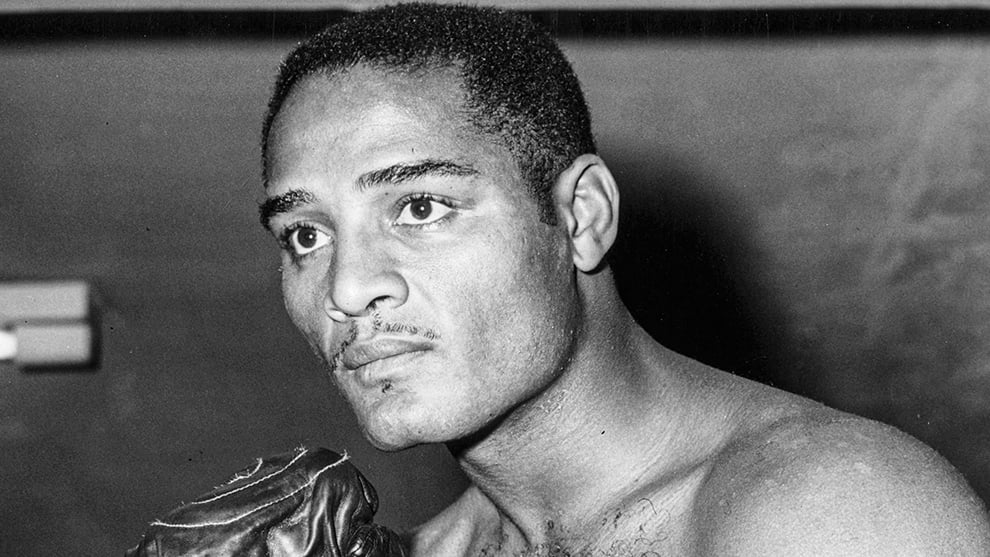By Miles Templeton
THERE is a whole raft of world-rated boxers who died young.
Harry Greb, Pancho Villa and Tiger Flowers are three that spring readily to mind, and that is just during the 1920s. There are others who died in suspicious circumstances; Randolph Turpin, Oscar Bonavena, and Arturo Gatti being notable examples. Sometimes these deaths are so mysterious that they spawn conspiracy theories, like in the cases of Freddie Mills and Sonny Liston. Another fighter, Zora Folley, ticks all three boxes.
Folley was an outstanding fighter from the golden age of heavyweight boxing. He is best remembered today for his 1967 title challenge against Muhammad Ali at Madison Square Garden. He was well past his best when he got into the ring with ‘The Greatest’ and, after a decent start, he was knocked out in the seventh. Ali was at his very best at this time and he is the man we all remember, but Folley had an interesting life himself. A veteran of the Korean War, he was involved in some fearsome fighting with guns and grenades before he ever became famous for doing so with gloves. When he was discharged as a 22-year-old in 1953, he had earned five battle stars. He would fight four times against British opponents in his 96-bout, 17-year career.
After learning to box while in the Army, Zora wasted no time in commencing a professional ring career. Within five years he had racked up a 41-2-2 record and he came over to the UK fight his first British opponent, Henry Cooper. The two men met at the Empire Pool, Wembley in October 1958 and, as the accompanying photograph shows, Henry still had a full head of hair! Cooper’s form had been patchy over the previous two years, winning only two of eight, and Folley, rated number two in the world by Ring magazine, was expected to beat him, and to do so clearly.
The week before, Brian London had stopped Willie Pastrano in five rounds at Harringay Arena, and with Pastrano rated just behind Folley as the third best heavyweight in the world, a Cooper victory would turn the ratings upside down with two British fighters forcing their way in.
It was a bad night for Zora as Our ‘Enery boxed his ears off. Folley was a stylist himself with an excellent jab and so Cooper’s performance was, in my view, one of the best in his career. The BN cover that week had the headline “Cooper’s Classic Win” and the accompanying report stated that “The ten rounds points margin was convincing, it was thrilling and it was totally unexpected. Throughout the last round the crowd set up a continual roar of encouragement with foot stamping and cheers as they sensed Cooper had victory safely within his grasp. A victory that must rank with Tommy Farr’s pre-war success over Max Baer.”
Folley and Cooper in 1958
Zora stayed in the UK long enough to beat Joe Bygraves at the Granby Halls in Leicester just six weeks later. When he next came over to the UK, four years later, to fight Cooper once again, we saw a different fighter altogether. In December 1961 Folley appeared to be on the wane, with recent stoppage losses to Alejandro Lavorante and Sonny Liston. Cooper, on the other hand, was riding a wave. As BN put it “The American has nothing to lose, Cooper has everything.” After picking up a cut in the first round, Cooper was poleaxed by a right cross in the second, and he didn’t get up. It was a sensational performance from Folley.
Six years later, Folley came over here once more to drop a 10-round decision to Brian London at Liverpool Stadium and he retired three years later. In 1972, Folley died after diving into a hotel swimming pool and hitting his head. To this day, some still claim that he was murdered.
